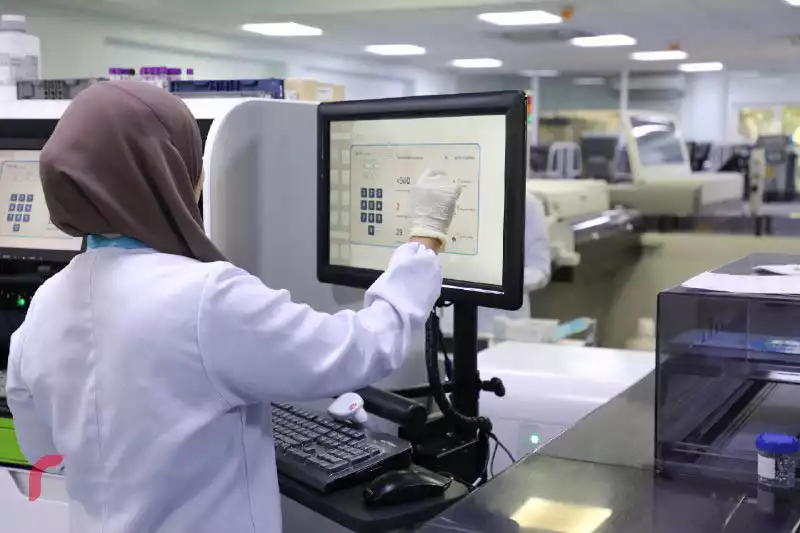No additional cases have been identified through contact tracing yet


IGMH laboratory work
The Health Protection Agency (HPA) has revealed that no additional cases have been identified so far through the contact tracing conducted after a case of "Invasive Meningococcal" disease, which spreads through the respiratory system, was detected in the Maldives.
In a message sent to the media on Sunday, the public health authorities revealed that they are closely monitoring those who have been in contact with the person infected with meningococcal disease. It has also been stated that so far, none of the individuals identified as contacts have tested positive for the disease.
HPA also revealed that upon identifying the person with meningococcal disease, work is currently underway to provide prophylactic medication to high-risk contacts to protect against the disease and to take additional precautionary measures.
Further, HPA stated that additional contact tracing efforts are still ongoing.
Invasive Meningococcal Disease is a serious illness caused by bacteria. The few cases of the disease found in the Maldives are usually individuals who have been infected from abroad. Symptoms include fever, development of red spots on the skin, and headache. In severe cases, it can affect the brain (meningitis) and potentially lead to the spread of infection throughout the body (sepsis).
Meningococcal disease spreads through the respiratory system. People who spend a lot of time in close proximity to an infected person are at higher risk of contracting the disease. Symptoms of this disease typically appear between 1 to 10 days after infection.
The public health authority stated that those at highest risk of contracting the disease are individuals who spend extended periods in very close contact with the infected person.